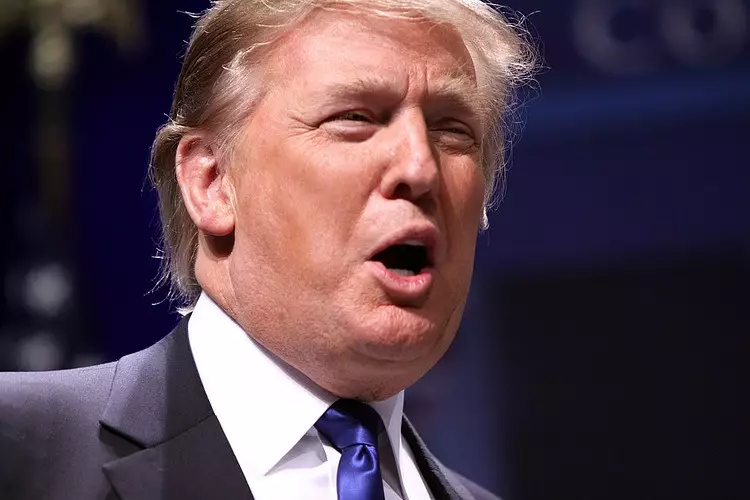The announcement of key appointments by President-elect Donald Trump underscores his approach to economic governance and the potential impacts on the US economy. Trump’s selections reflect a blend of ideology, personal loyalty, and a focus on economic resurgence. This article delves into Trump’s cabinet choices, their backgrounds, and what they signify for the future of US economic policy and the dollar’s standing in global markets.
In assembling his economic team, Trump has made notable appointments that combine expertise from both the private sector and legal realms. Scott Bessent has been chosen to spearhead the Treasury Department, a position that will place him at the forefront of U.S. fiscal management during a turbulent economic time. Bessent’s previous experience as a Chief Investment Officer suggests he will focus on investment strategies that emphasize growth.
Howard Lutnick, appointed as Commerce Secretary, brings in a wealth of knowledge from the financial services industry. His leadership at Cantor Fitzgerald indicates a priority for deregulation and business-friendly policies aimed at catalyzing growth in trade and commerce. Meanwhile, Kevin Hassett’s role at the National Economic Council reflects Trump’s interest in employing seasoned economists to bolster his administration’s data-driven decision-making.
In a move that reveals Trump’s legal inclinations, Alina Habba, his personal defense attorney, is set to join him as Counsellor to the President. This suggests a potential strategy for navigating legal challenges while considering the broader economic panorama. Additionally, Andrew Ferguson’s appointment as Chair of the Federal Trade Commission signals a continued commitment to re-evaluating consumer protections and antitrust laws, affecting competition across various sectors.
Jacob Helberg, with ties to Palantir Technologies, as Secretary of State for Economic Growth, Energy, and Environment, presents a clear indication of prioritizing technological integration and sustainability in economic growth. This is a timely appointment as the U.S. navigates global energy transitions and strives for environmental reforms.
The Dollar’s Prevailing Role in Global Trade
As these appointments unfold, the U.S. dollar continues to play a pivotal role in the global economy. At the time of writing, the US Dollar Index (DXY) had shown a slight dip, reflecting market anxieties surrounding the upcoming administration’s economic stance. Holding the position of the world’s primary reserve currency, the dollar is integral to international trade, representing over 88% of all foreign exchange transactions.
Historically, the dollar overtook the British Pound following World War II, becoming the cornerstone currency that actively fuels a myriad of economies. The removal of the Gold Standard in 1971 further facilitated the dollar’s dominance, but the currency’s true power lies in the Federal Reserve’s monetary policy, which prioritizes managing inflation and maximizing employment.
The Federal Reserve plays a crucial role in determining the value of the dollar through its monetary policies. Typically, when inflation is at risk of surpassing the Fed’s 2% target, the central bank raises interest rates to retain the dollar’s strength. Conversely, when economic growth falters and unemployment rises, lower rates become necessary, often diluting the dollar’s value.
Moreover, measures such as Quantitative Easing (QE) have historically altered monetary landscapes. This non-standard policy, unveiled during financial crises, involves the Fed purchasing government bonds to inject liquidity into the financial system. While QE can provide short-term relief, it often leads to long-term weaknesses in the dollar’s standing.
In contrast, Quantitative Tightening (QT) is employed to reinforce the dollar’s strength by reducing the money supply in circulation, which can create a stable economic environment. The implications of Trump’s appointments suggest a possibility of policy shifts toward strategies that may enhance the dollar’s robustness on the global stage.
Trump’s key economic appointments provide an intriguing glance into the administration’s strategic vision. The interplay of economic policy, legal navigation, and international trade dynamics could influence the effectiveness of these measures. As the world watches closely, the direction of the dollar and the overall health of the U.S. economy will hinge significantly on the decisions made by this eclectic assembly. The stakes are high, and the outcomes remain to be seen as the new administration settles in and begins to implement its economic agenda.

